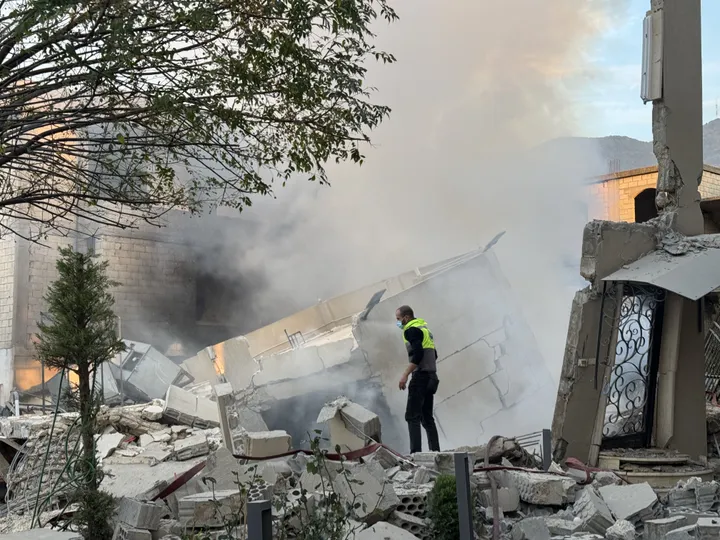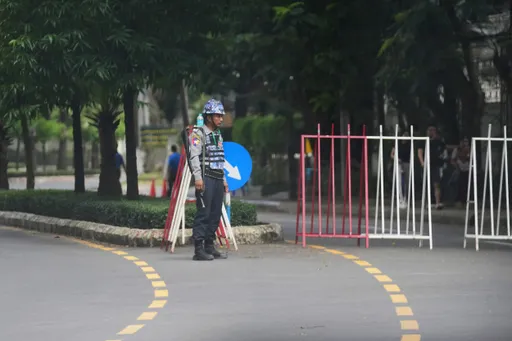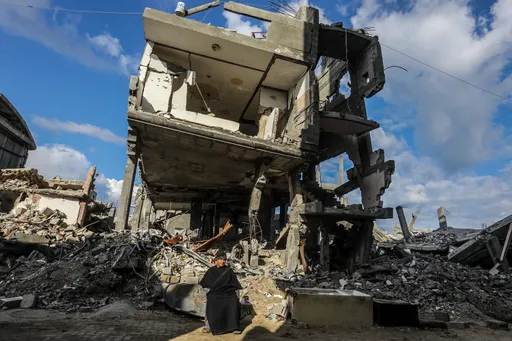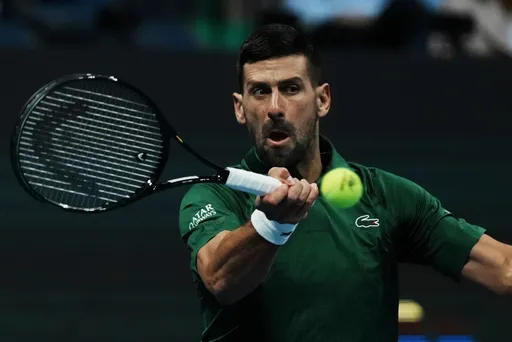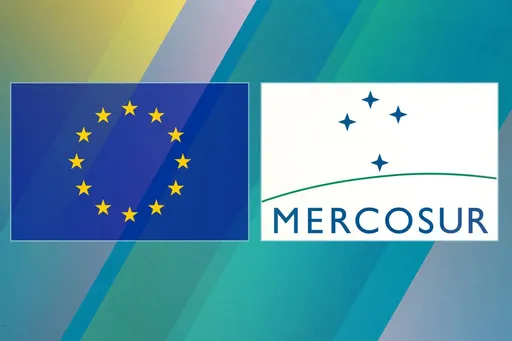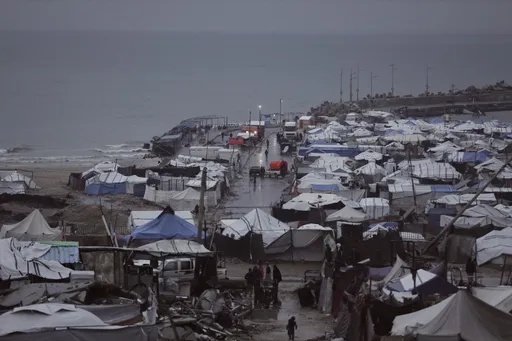Iran has begun preparations to boost its uranium enrichment capacity, its nuclear chief said on Tuesday, adding to pressure on European powers trying to save a nuclear accord with Tehran in peril after US withdrawal.
France, Britain and Germany want to salvage the 2015 deal's core bargain of sanctions relief in exchange for restrictions on Tehran's atomic activities.
Washington has reimposed sanctions against Tehran since quitting the deal last month, arguing Iran posed a security threat.
Iran has set out conditions to stay in the nuclear deal, including steps to safeguard trade with Tehran and guarantee Iranian oil sales. But it has also said it could resume its 20 percent uranium enrichment, which is banned under the deal.
Advanced centrifuges
Iran was developing infrastructure for building advanced centrifuges at its Natanz facility, Ali Akbar Salehi, director of Iran's Atomic Energy Organization said in a news conference broadcast on state television.
Supreme Leader Ayatollah Ali Khamenei said on Monday he had ordered preparations for Iran to have greater enrichment capacity if the deal falls apart.
Iran informs UN nuclear watchdog
Iran informed the International Atomic Energy Agency (IAEA) that it will increase its nuclear enrichment capacity within the limits set by the 2015 agreement with world powers.
Salehi said this did not violate the nuclear deal but that it marked an increase in the pace of the nuclear programme.
"If we were progressing normally, it would have taken six or seven years, but this will now be ready in the coming weeks and months," he said.
Iran has also developed the capacity to produce electricity at Natanz, Salehi said, a site which lies around 300 km south of Tehran.
Israel raises alarm
Israeli Prime Minister Benjamin Netanyahu sought on Tuesday to convince European states to abandon a nuclear deal with Iran, saying that Tehran's threats to increase uranium enrichment capacity showed it still planned to destroy Israel.
"The day before yesterday Ayatollah Khamenei, the ruler of Iran, declared his intention to destroy the State of Israel. Yesterday he explained how he would do this – with the unrestricted enrichment of uranium in order to produce an arsenal of nuclear bombs," Netanyahu said in a video statement on Twitter.
"We are not surprised. We will not allow Iran to obtain nuclear weapons," he said.
Flirting with the "red line"
France's foreign minister Jean-Yves Le Drian believes that Iran's declaration risks sailing close to the "red line."
"It's always dangerous to flirt with the red line," Le Drian told Europe 1 radio on Wednesday.
But Le Drian said plans to save the nuclear agreement remained intact.
Le Drian was speaking a day after Israel's leader urged France to turn its attention to tackling Iran's "regional aggression", saying he no longer needed to convince Paris to quit a 2015 nuclear deal between various world powers with Tehran as economic pressure would kill it anyway.
'Flawed' nuclear deal
The 2015 agreement allows Iran to continue 3.67 percent uranium enrichment, far below the roughly 90 percent threshold of weapons-grade. Before the deal was reached, Tehran enriched uranium to up to 20 percent purity.
Salehi's comments on Tuesday appeared to be a warning to the remaining signatories of possible consequences if the deal were to collapse. European powers still back the deal but have concerns over Iran's ballistic missile programme and its influence in the Middle East. Iran says the two issues are non-negotiable.
Salehi said Iran could not accept a "flawed" nuclear deal, nor could it adhere to the deal's restrictions while facing new sanctions. He reiterated previous statements by officials that Iran is prepared to significantly increase its nuclear activity if the deal falls apart.
"Then the situation will progress in a different way," Salehi said. "I hope there will never be a need to go back to that situation."
He also repeated Iran's position that its nuclear programme was for civilian purposes only.

